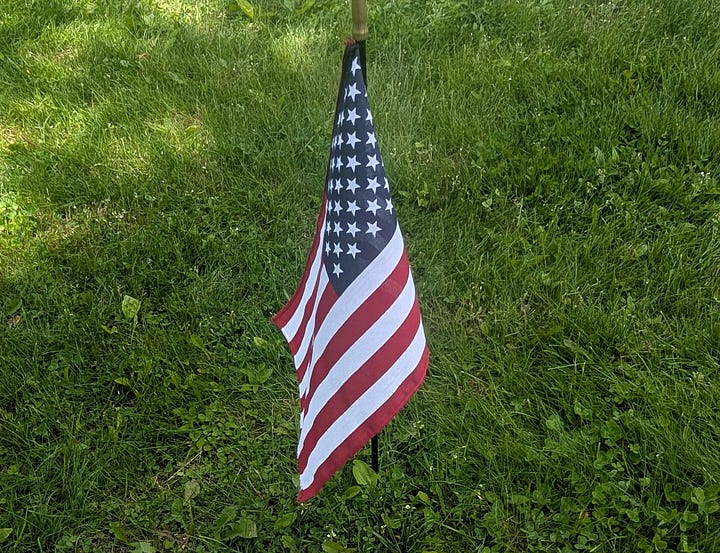Congratulations, Whoopi Goldberg. Of all the incendiary, uninformed statements you have made on The View, this one qualifies for a grand prize.
After fellow host Alyssa Farah Griffin said that living in the US in 2025 was very different than living in Iran, you shot back, “Not if you’re Black.”
Griffin pointed out that if she showed up in Iran wearing the knee-length dress she had on that day and without the hijab on her head, she would be in big trouble. She is aware that women in Iran have been imprisoned and even tortured for refusing to wear the hijab.
In 2022, Iranian Mahsa Amini died after being arrested and beaten by the morality police for not wearing her hijab “correctly.” In 2024, a United Nations fact-finding committee determined that Iranian authorities were responsible for the physical violence that led to her death. The committee also concluded that Iran used “unnecessary and disproportionate…lethal force” during the demonstrations that followed Amini’s death. More than 500 people were killed in Iran’s security crackdown during the protests.
Whoopi, you rightly pointed out that Blacks have faced horrendous abuses in the United States. Here you stand as a testament to how much Black women can achieve. Your story should inspire them to continue to dream big and overcome adversity.
One way of doing that is empathizing with people who experience hardships. Iran is far from the United States, but you could make their challenges known by sharing their stories and offering your support.
Another way is to recognize your good fortune and express your desire for others to have that, too. Did you know that if you were a female news personality in Iran in 2025, you would have to adhere to a strict dress code? And since the Iranian regime suppresses freedom of speech, you would not be allowed to say anything negative about the government?
Here are some facts about life in Iran, courtesy of Amnesty International, that you could share with your audiences:
“[In 2024, ] authorities subjected protesters, women and girls defying compulsory veiling laws, journalists, artists, writers, academics, university students, LGBTI individuals, members of ethnic and religious minorities and human rights defenders to violations for exercising their human rights…. Violations included interrogations; arbitrary detention; enforced disappearance; unjust prosecution leading to sentences of imprisonment, flogging or fines; and suspension or expulsion from education or employment.
“Authorities continued to treat women as second-class citizens, including in relation to marriage, divorce, child custody, employment, inheritance and political office. The legal age of marriage for girls remained at 13, and fathers could obtain judicial permission to subject their daughters to forced marriage at a younger age.
“From April onwards, the authorities implemented the Noor Plan to intensify their crackdown on women and girls who defied compulsory veiling, including through digital surveillance such as facial recognition technology, further violating women’s social, economic, cultural, civil and political rights and restricting their freedom of movement.
“Authorities used the death penalty as a tool of political repression against protesters, dissidents and ethnic minorities.”
If these facts do not convince you that life in Iran in 2025 is very dangerous, a free trip to Iran can show you firsthand how bad things are. Then perhaps you will give Iranians the empathy and understanding they deserve.












